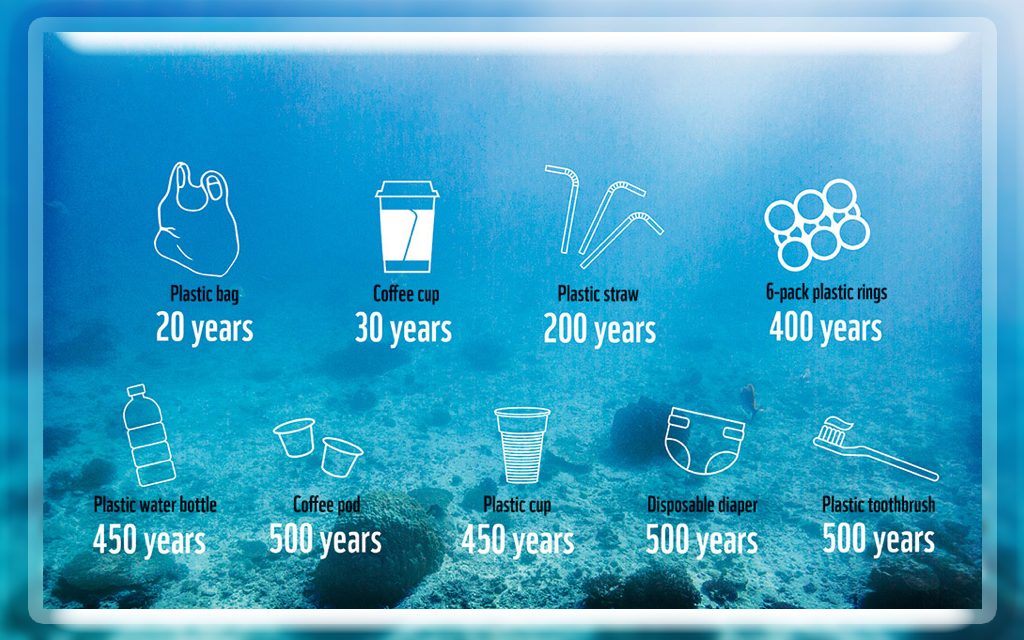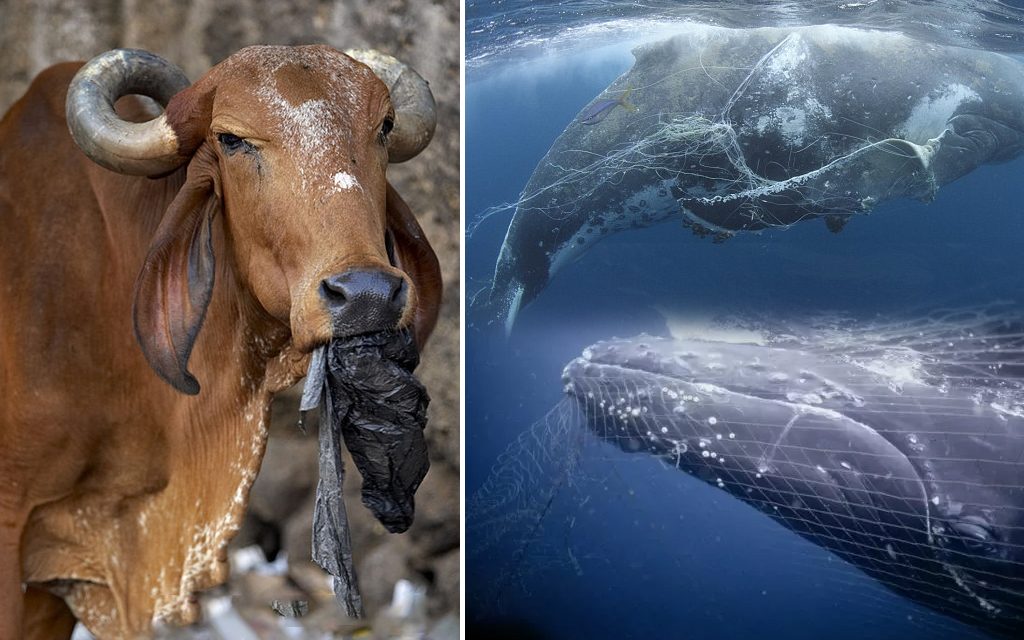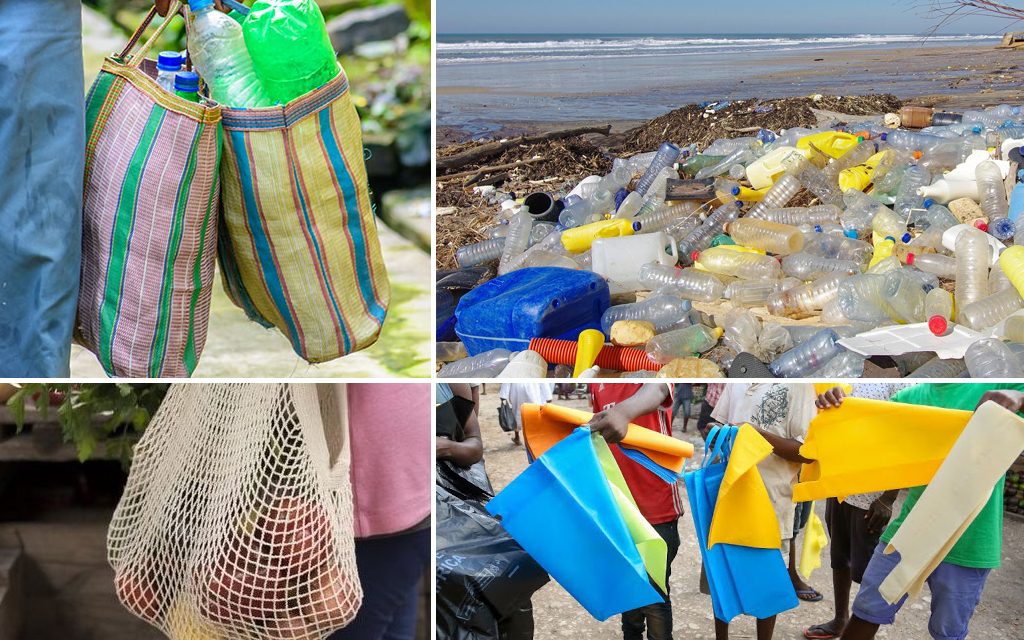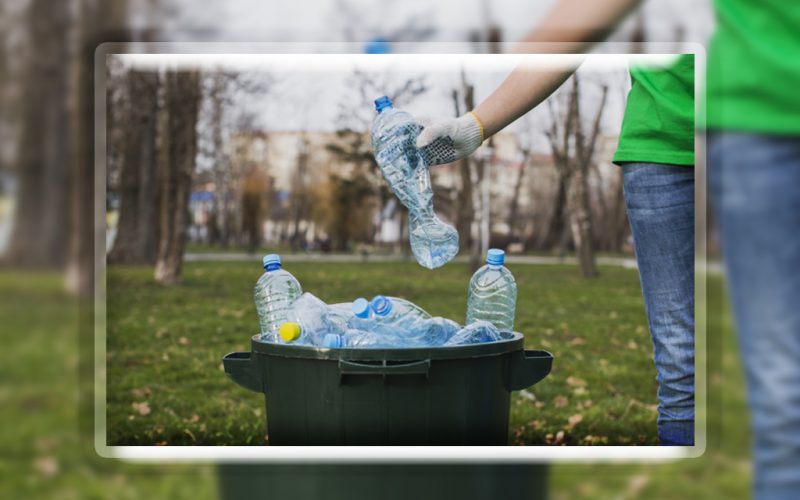Plastic pollution effects are now impossible to ignore. Take a look around, and almost every object is made of plastic—pens, water bottles, straws, containers, even phone covers. While plastic has made life convenient, it has also silently introduced harmful chemicals into our environment. These chemicals are linked to cancer and other serious health issues. Plastic is not just waste—it’s a crisis in plain sight, threatening humans and wildlife alike.
Whether you are a student, professional, traveler, or homemaker, understanding plastic pollution effects is crucial. If you’re ready to face the harsh reality and take action, keep reading.
Understanding Plastic Pollution Effects
Every year, millions of tons of plastic enter our oceans, harming marine life and ecosystems. Sea creatures often mistake plastic for food, leading to starvation and death. Over time, the toxins in plastics move up the food chain, eventually reaching humans. Beaches, shorelines, and even remote islands are now littered with plastic, especially near populated areas and tourist spots. The urgency to address plastic pollution effects has never been greater.
What is Plastic and Why It Persists
Plastic is a non-biodegradable polymer derived from petroleum. Its durability and versatility make it widely used, yet it takes thousands of years to break down naturally. Burning plastic is no solution either, as it releases toxic gases and still requires centuries to decompose. Clearly, the persistent nature of plastics magnifies the environmental impact.

How Plastics End Up in Oceans
Shocking but true, every minute, a truckload of plastic waste enters our oceans. Annually, more than 13 million tonnes of plastic reach marine waters, killing over 100,000 marine animals. These creatures get entangled, suffocated, or ingest plastics, causing injuries and exposure to hazardous chemicals. Eventually, these toxins reach humans through seafood, showing the direct link between ocean pollution and public health.
Why Addressing Plastic Pollution Effects is Critical
Marine life—such as fishes, turtles, whales, dolphins, and seabirds—faces severe threats from plastic ingestion and entanglement. Plastics also block algae growth, causing corals to bleach and leading entire ecosystems to collapse. Humans suffer too, as exposure to plastic-related chemicals disrupts the endocrine system and triggers neurological, reproductive, and immune disorders. Furthermore, plastic pollution damages food security, harms coastal tourism, and contributes to climate change.
The chemicals used in plastic production are carcinogenic and directly attack the body’s endocrine system, leading to developmental and neurological problems in both humans and wildlife. In addition, unchecked plastic waste continues to endanger global food safety, public health, and marine biodiversity. The transfer of contaminants between marine life and humans has become an alarming issue—one that demands immediate action to prevent irreversible harm.

What Can We Do To Combat Plastic Pollution?
Unless you want to swim in the ocean filled with plastic and no traces of marine life, here’s what each of us can do to tackle the growing problem of plastic pollution:
-
Ban single-use plastics and switch to reusable or biodegradable alternatives.
-
Control the production and distribution of new plastic materials.
-
Choose jute, paper, or cloth bags instead of polythene ones.
-
Improve waste management systems for better disposal and recycling.
-
Bring together stakeholders to support a ban on harmful microplastics.
-
Volunteer in local clean-up drives to collect marine litter.
-
Use plastic waste for road construction to make it more useful.
-
Research, innovate, and create eco-friendly recycling methods.
-
Recycle and reuse plastic responsibly instead of throwing it into water bodies.
-
Spread awareness about how plastic pollution threatens all living beings.
-
Join movements that protect marine life and inspire others to take action.

Conclusion: Plastic Pollution Effects
Plastic pollution affects not only the environment but also our health, economy, and society. The time to act is now. When we reduce plastic use, manage waste responsibly, and spread awareness, we help create a cleaner and healthier planet. Together, we can protect marine life, safeguard human health, and build a sustainable future for everyone.
Read More-Varanasi Travel Guide – Top Attractions & Things to Do





